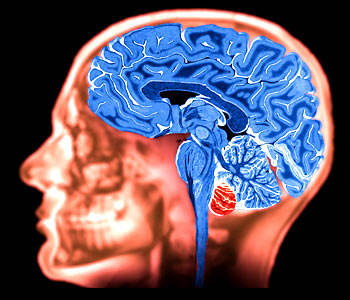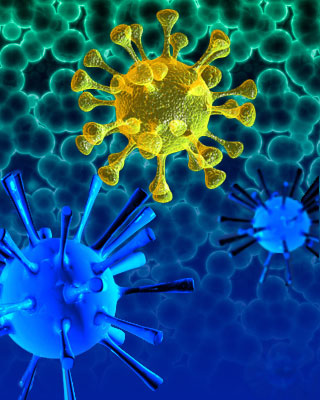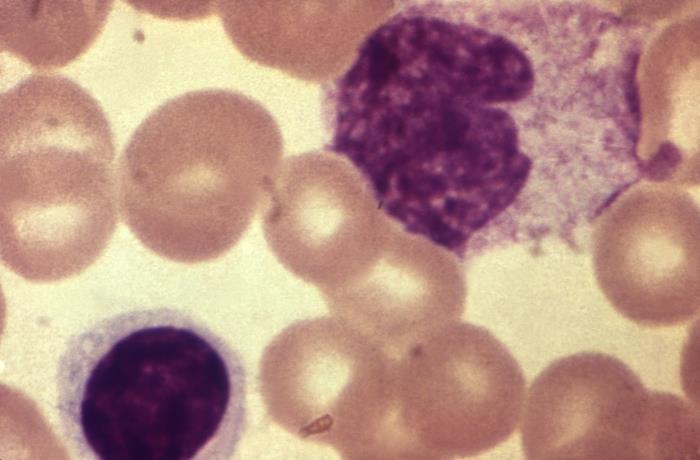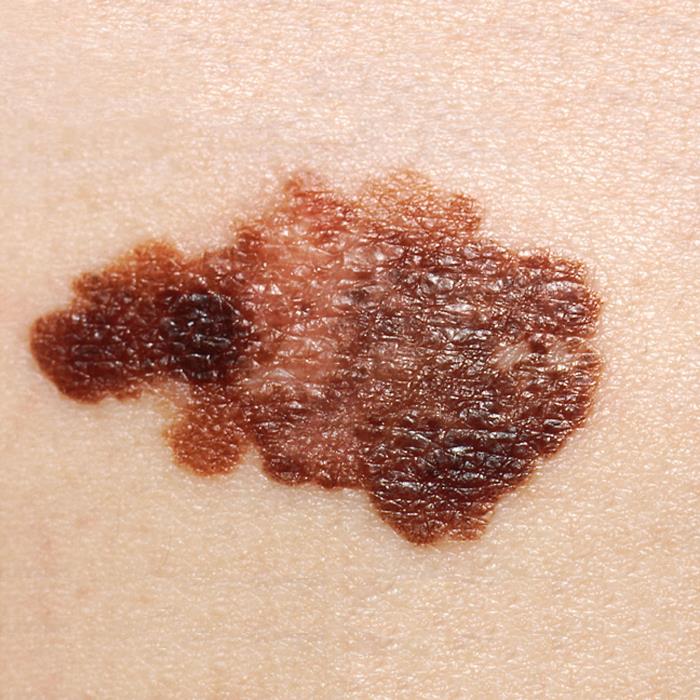Neurological and/or Psychiatric Disorders and Glutathione

Many neurological and Psychiatric disorders are difficult to diagnose and treat without the use of extensive therapy or somewhat invasive drugs (with their potential side effects). However, low levels of glutathione have been associated with many neurodegenerative disorders, including many psychiatric disorders(1)(2)(3)(4)5(5)(6). While glutathione itself does not cross the blood-brain barrier, the precursors can and do cross it(2). Synthetic forms of one of the precursors, cysteine, have been used extensively in the medical industry due to ease of prescription and use. In addition, natural options for supplying cysteine and glutathione have been relatively non-existent until recently. Therefore most research is based upon the use of the synthetic forms.
NAC works for some people, but as a synthetic it is not well tolerated by all patients. In addition, NAC has a short half life in the body (approximately 4 hours) and therefore requires frequent high dosage ingestion to sustain concentrations necessary for efficacy. In addition, insufficient stores of the other two precursors may limit effectiveness. Many people would not wish to use synthetics and would prefer a more natural approach.
The use of a natural derived supplement, such as ASIHW Essential Proteins, provides a more natural option for supplementation of cysteine. In addition, it supplies all three necessary precursors so all precursors are immediately available in the bloodstream after rapid ingestion on an empty stomach. Natural cysteine can be stored and utilized effectively by the body and therefore is not subject to the same short lifetime drawbacks as NAC.
The use of natural cysteine, in lieu of NAC, offers the same promise for "disorders including cocaine, cannabis, and smoking addictions,
Alzheimer's and Parkinson's diseases, autism, compulsive and grooming
disorders, schizophrenia, depression, and bipolar disorder." (5) In another text it indicates there are "potential applications in neurodegenerative diseases including
spinocerebellar ataxia, Parkinson's disease, tardive dyskinesia,
myoclonus epilepsy of the Unverricht-Lundbor type as well as multiple
sclerosis, amyotrophic lateral sclerosis, and Alzheimer's disease..." as well as "...to facilitate recovery after traumatic brain injury, cerebral ischemia,
and in treatment of cerebrovascular vasospasm after subarachnoid
hemorrhage."(6) Potential benefits to the brain, nervous system and various disorders are multifold.
Glutathione is the tri-peptide molecule that is the primary antioxidant used in the body, but it actually has over thirty functions in the body(1). It is essential for the brain to protect it from oxidative stress as normal antioxidants do not cross the blood-brain barrier(1). Oxidative stress appears to be the primary cause of neurological damage for illnesses such as Parkinson's and Alzheimer's, as well as many others(2)(3)(4)(5)(6). Glutathione becomes deficient as we age, become ill, become exposed to toxic substances, eat a diet deficient in important precursors and even due to genetic conditions(1). Generally supplying the direct precursors for glutathione (glutamine, glycine and cysteine) will allow the body to manufacture glutathione as needed in every cell, including neurons and other support cells within the brain. The importance of cysteine as a precursor for glutathione, and that glutathione is the master proginator in these processes is well documented in many texts.
There is a massive body of evidence that supplementing natural glutathione precursors, especially natural cysteine, can be beneficial for many neurological and psychiatric disorders. ASIHW Essential Proteins may be the natural choice for a healthy solution! What do you think?
References:
- Glutathione: Your Key to Health
http://www.asihw.com/products/details/3/glutathione-your-key-to-health
- Glutathione, oxidative stress and neurodegeneration.
http://www.ncbi.nlm.nih.gov/pubmed/10931172 - Neurodegenerative disorders in humans: the role of glutathione in oxidative stress-mediated neuronal death.
http://www.ncbi.nlm.nih.gov/pubmed/9495562 - N-acetylcysteine in psychiatry: current therapeutic evidence and potential mechanisms of action
http://www.ncbi.nlm.nih.gov/pmc/articles/PMC3044191/ - The promise of N-acetylcysteine in neuropsychiatry.
http://www.ncbi.nlm.nih.gov/pubmed/23369637 - N-acetylcysteine (NAC) in neurological disorders: mechanisms of action and therapeutic opportunities.
http://www.ncbi.nlm.nih.gov/pubmed/24683506 - N-acetylcysteine for antioxidant therapy: pharmacology and clinical utility.
http://www.ncbi.nlm.nih.gov/pubmed/18990082 - N-acetylcysteine augmentation in serotonin reuptake inhibitor refractory obsessive-compulsive disorder.
http://www.ncbi.nlm.nih.gov/pubmed/16374600 - Mechanism of Oxidative Stress in Neurodegeneration
http://www.hindawi.com/journals/omcl/2012/428010/ - Oxidative stress in neurodegeneration: cause or consequence?
http://www.nature.com/nm/journal/v10/n7s/full/nrn1434.html















